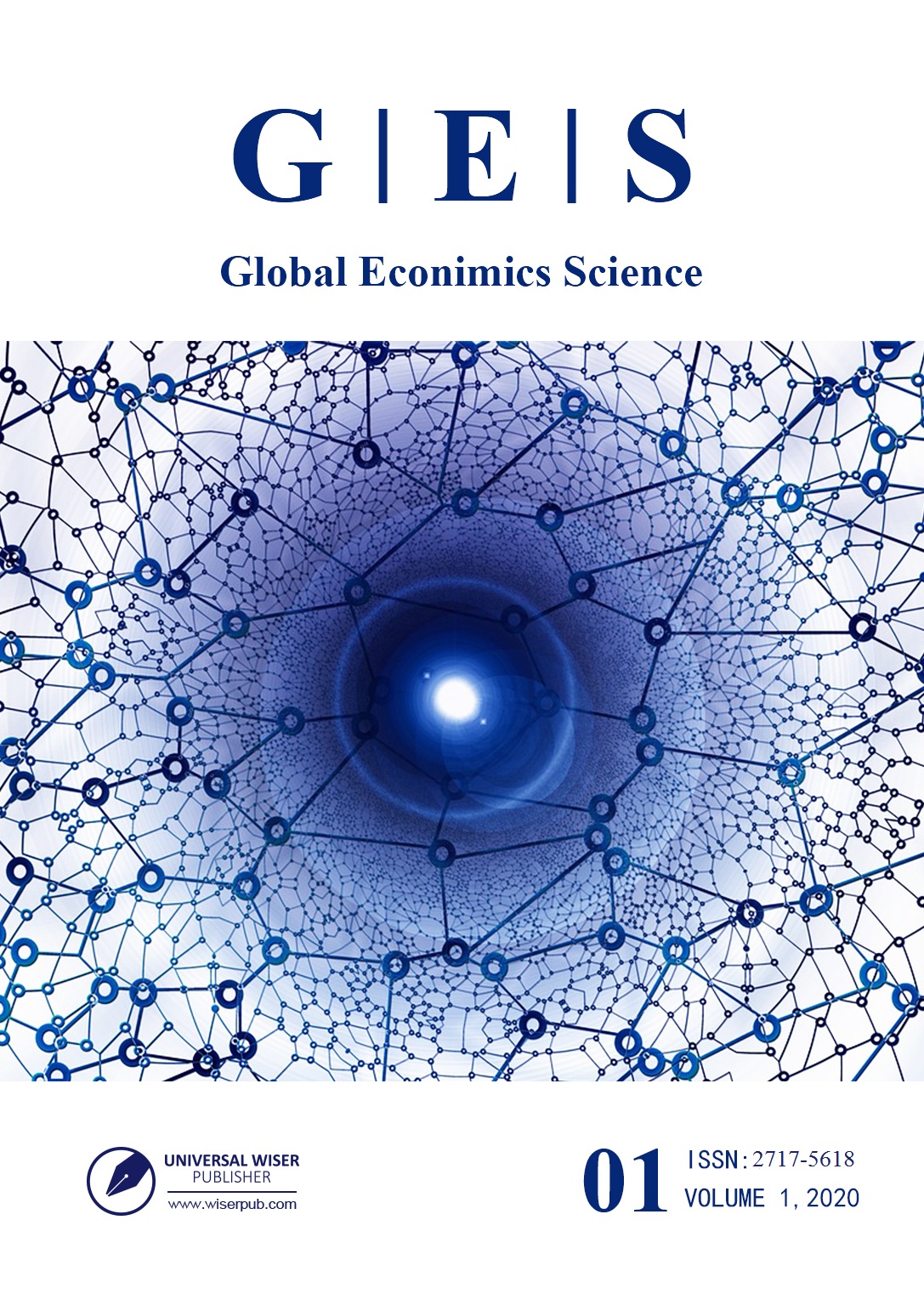Business Cycle Drivers in an Open Economy
DOI:
https://doi.org/10.37256/ges.112020136.23-30Keywords:
business fluctuations and cycles, monetary policy, central banks and their policies, policy objectives, policy design and consistency, policy coordination, comparative or joint analysis of fiscal and monetary policy, stabilization, treasury policyAbstract
In this paper, I investigated the sources of business cycles in Nigeria over the period, 1960-2013. Nigeria was a lower middle class economy that pursued open economy policies. The propositions tested in the study cut across most of the schools of thought prominent in the subject area. All policies/factors examined were assumed to generate cycles that were subsequently tested for causal relations with the cycles of domestic output and industrial productions. The causality approach adopted for the analysis was of the Granger type. Detrending of the various data series was undertaken using two filters. Unit root tests were conducted to assure integration of the cyclical components of detrended series. The analysis produced some interesting results showing in particular that only monetary policy cycles and cycles linked to exogenous shocks of different varieties credibly drove the cycles of domestic output and industrial productions in the country.


